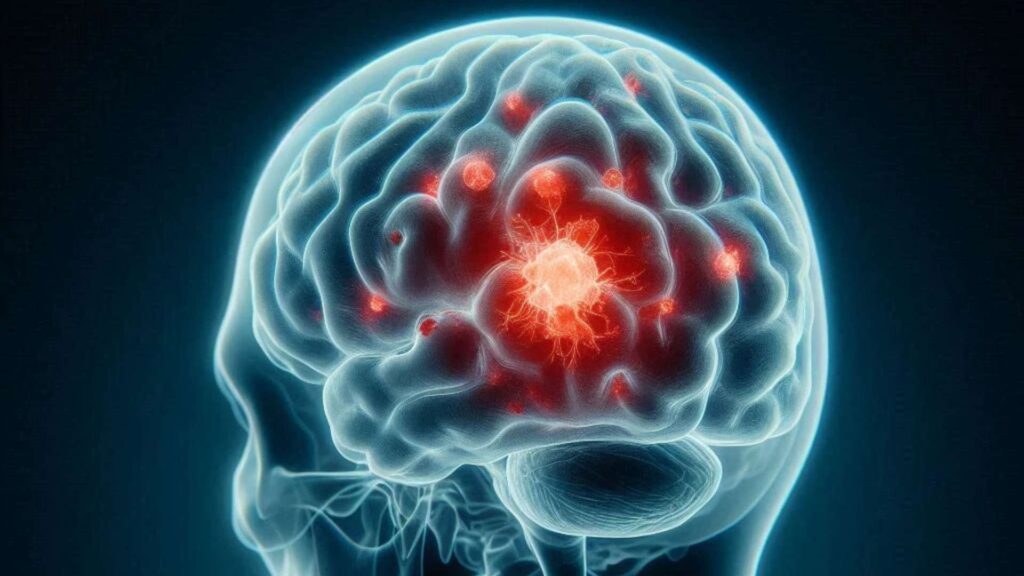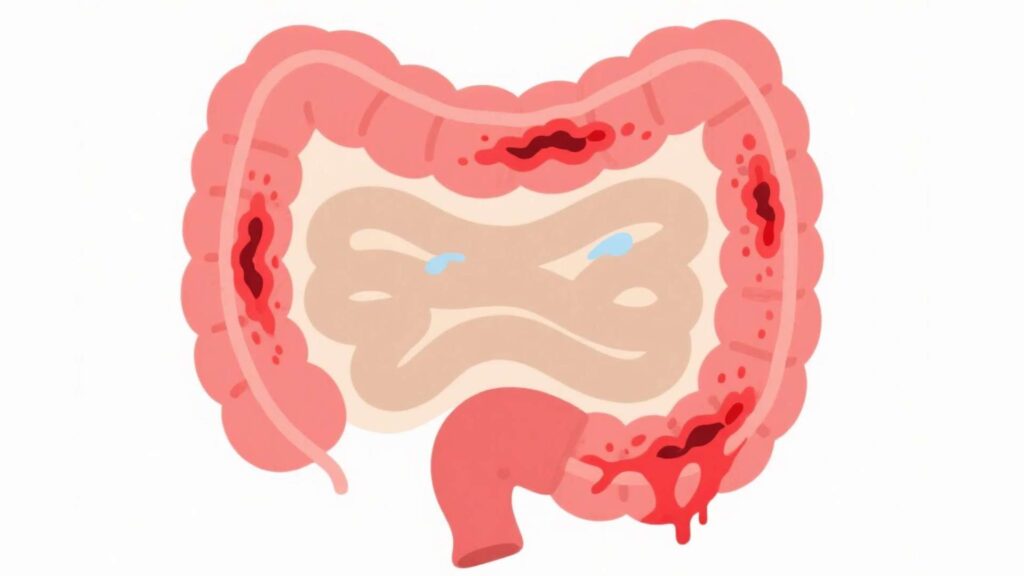Autoimmune encephalitis is inflammatory disease affecting brain. In this condition, immune system attacks healthy brain cells by damaging synapses (points where neurons meet) or outer sheath of neurons (myelin). It is a spectrum disorder consisting of closely related autoimmune conditions that contribute to brain inflammation.
This disease affects women more than men and is often diagnosed at young age. Black women are at higher risk of getting autoimmune encephalitis as compared to other ethnicities.
Symptoms of Autoimmune Encephalitis
Symptoms of early autoimmune encephalitis are similar to common cold with fever, muscle ache, and headache. The disease could be progressing or remitting relapsing and symptoms will manifest accordingly.
The common symptoms of autoimmune encephalitis are combination of neurological and psychiatric symptoms including:
- Speech and vision impairment
- Lack of sleep
- Seizures
- Numbness and weakness
- Impaired memory and cognitive function
- Difficulty in controlling movements and maintaining balance.
- Anxiety and panic attacks, fear and euphoria
- Hallucinations and paranoia
If not diagnosed early, it can cause severe brain damage leading to loss of consciousness and coma.
Subtypes of Autoimmune Encephalitis
Autoimmune encephalitis can be classified into different subtypes depending on the affected area of brain. Subtypes of autoimmune encephalitis include:
- Limbic encephalitis
- Anti-NMDA receptor encephalitis
- Hashimoto’s encephalitis
- Anti-DPPX encephalitis
- Rasmussen’s encephalitis
- Acute disseminated encephalomyelitis
- Anti-CASPR2 encephalitis
Causes of Autoimmune Encephalitis
The exact cause of immune intolerance to brain tissue yet to be determined. Certain infections by streptococcus bacteria and herpes simplex virus are believed to lay the groundwork for production of autoantibodies that lead to encephalitis.
HLA gene is also a genetic risk factor for some subtypes of autoimmune encephalitis.
Treatment and Management of Autoimmune Encephalitis
There is no permanent cure for this disease, but it can be managed well if treated early. Long-term complications and permanent damage to brain can be avoided. A physician may suggest the following treatments:
- Corticosteroids: Steroids are recommended to reduce inflammation and to minimize immune system activity at the affected region of brain
- Plasma exchange: It requires actively removing blood plasma that contains antibodies triggering the immune system.
- Biologics: These drugs are antibodies that can remove cytokines like TNF-α and interleukins. These cytokines recruit immune cells at the site of inflammation and may promote tissue damage.
- Plasma Dilution: It involves injecting the plasma from healthy donors. It helps reducing the concentration of harmful antibodies and may subside the symptoms.
- Immunosuppressants: These drugs are used to as a last resort to suppress the overactive immune system.
Click HERE, to learn about the Autoimmune Fatigue.



